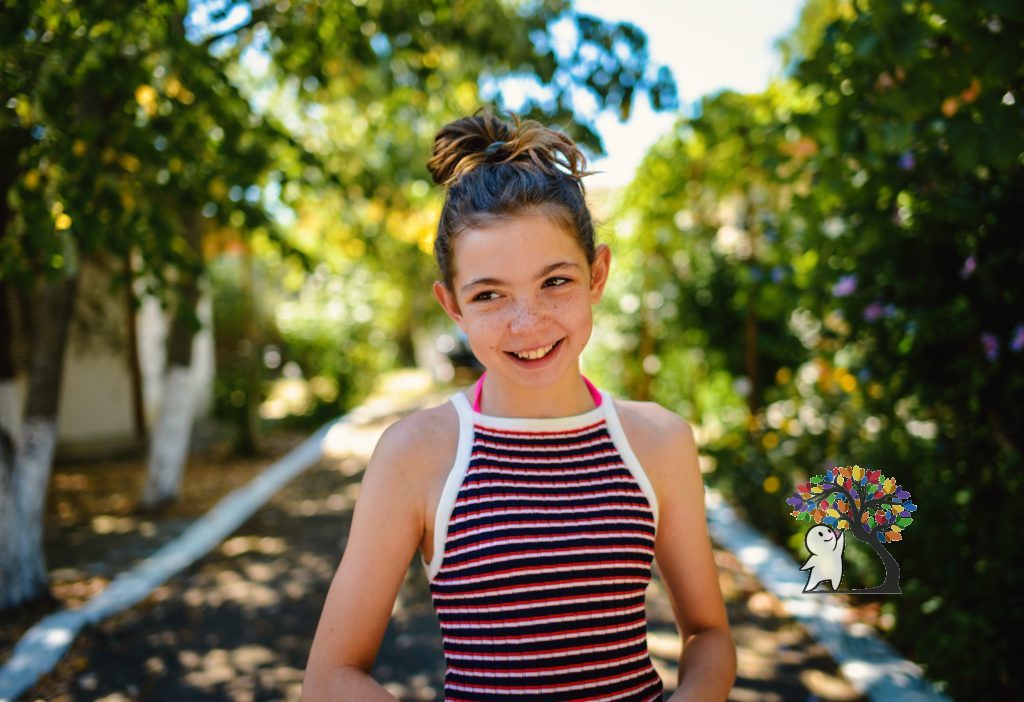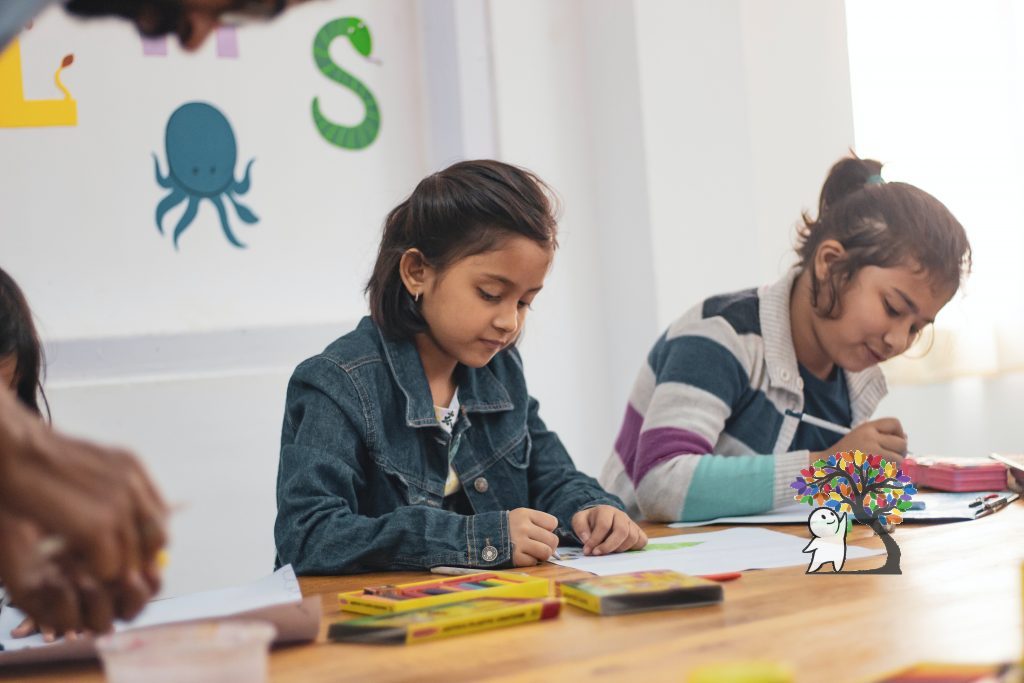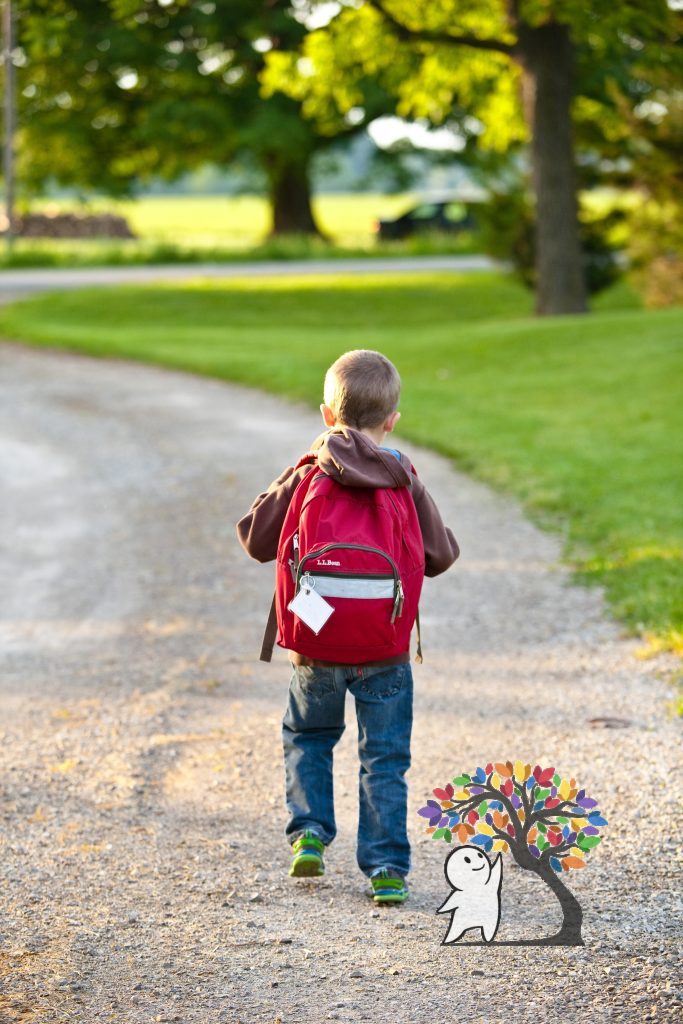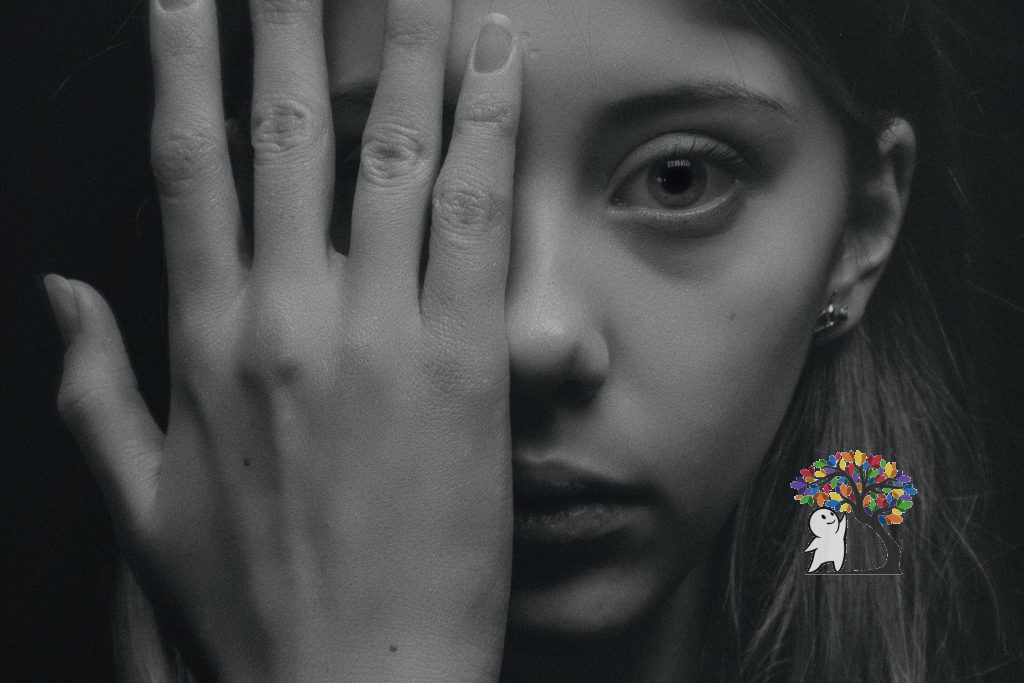How Your Childhood Affects Your Mental Health

No matter who we become as adults, childhood is an important developmental time in our lives. Many of the things we experience, as well as the things we do and learn, affect the way we view the world and where we stand in it. Unfortunately, though, not everyone gets to spend childhood in a stable and supportive household. Some children experience abuse at a young age, while others are victim to poverty, bullying, illness, or discrimination.
The things we experience as a child often stick with us well into adulthood. Habits are learned, relationships often repeat themselves, and every big change we encounter leaves a lasting impact. Here are a few examples of how your childhood affects your mental health.
Childhood Is An Essential Time For Brain Development

Between early childhood and puberty, the brain’s development allows for more complex thought processes as well as the internalizing of experiences. Children typically begin to spend time with peers at school rather than socializing only with their mother and family in the home. According to Mental Health America, as they begin to figure out their place among others, they also start to understand the rules of the world as well as their individual moral compass.
Your Relationship With Your Caregiver Sets Up All Future Relationships
As a child, you learn about others and how to interact through your experiences with your caregiver(s). The kind of relationship you develop, whether secure or unstable, is usually the lens through which you approach all future relationships. For example, The National Child Traumatic Stress Network notes, “Children who do not have healthy attachments have been shown to be more vulnerable to stress. They have trouble controlling and expressing emotions, and may react violently or inappropriately to situations. Our ability to develop healthy, supportive relationships with friends and significant others depends on our having first developed those kinds of relationships in our families. A child with a complex trauma history may have problems in romantic relationships, in friendships, and with authority figures, such as teachers or police officers.”
Unhealthy Emotional Processing Lasts Into Adulthood
Studies have shown that when children experience trauma or prolonged stress, it changes the way they process their emotions. For example, a child with a dismissive mother may learn to act out or throw a tantrum in order to get their needs met. Clinical Psychologist Katie McLaughlin, PhD. argues that these changes in emotional regulation––including elevated emotional reactivity, decreased emotional awareness, and unhealthy coping habits–– allows the effects of childhood stressors to stick with you well into adulthood. While the unhealthy emotional regulation may be a direct result of trauma, it also leaves you vulnerable to further stress later in life when you may be unable to process more complex emotions.
Childhood Is Full of Changes

If you remember feeling overwhelmed and full of doubt on your first day of high school, or if you still cringe at some of the phases you went through in middle school, you’ll easily see that childhood and adolescence are full of scary and sometimes embarrassing changes. The Mental Health Foundation of the UK reminds us that, even though they may be exciting, these changes take a toll on young minds. Some even trigger enough stress to have a lasting impact on one’s personality or mood.
Even puberty, which is one of the biggest changes we will ever experience, leaves a physical, hormonal, and emotional impression on each of us. As our bodies change so do our relationships with ourselves and others. Friends drift apart, romantic interest piques, and we begin to figure out who we are and where we belong among the billions of people on earth. No wonder growing up can feel so daunting.
The Correlation Between Bullying In Childhood And Mental Illness In Adults
Bullying is just one thing that can have a lasting effect on the mind. For those who have been bullied as a child, it’s usually not difficult to recall the fear, anxiety, or low self-worth that they experienced as a result. Surprisingly, though, a team run by Dr. Suzet Tanya Lereya PhD et al., found that childhood bullying is likely to affect the victim long into adulthood. Their 2015 study included children from the US and the UK, and they discovered that children who were bullied by their peers were more likely to experience anxiety or depression as an adult. While these may not feel like hopeful findings, the team hopes that their research will help reshape the way schools and public health systems face childhood bullying and its consequences.
Sources
“Children and Young People.” Mental Health Foundation, 10 Feb. 2020, www.mentalhealth.org.uk/a-to-z/c/children-and-young-people.
Lereya, Suzet Tanya, et al. “Adult Mental Health Consequences of Peer Bullying and Maltreatment in Childhood: Two Cohorts in Two Countries.” The Lancet Psychiatry, vol. 2, no. 6, 2015, pp. 524–531., doi:10.1016/s2215-0366(15)00165-0.
McLaughlin, Katie. “The Long Shadow of Adverse Childhood Experiences.” American Psychological Association, American Psychological Association, Apr. 2017, www.apa.org/science/about/psa/2017/04/adverse-childhood.
Peterson, Sarah. “Effects.” The National Child Traumatic Stress Network, 11 June 2018, www.nctsn.org/what-is-child-trauma/trauma-types/complex-trauma/effects.
“Prevention and Early Intervention in Mental Health- Early Childhood to Puberty.” Mental Health America, www.mhanational.org/issues/prevention-and-early-intervention-mental-health-early-childhood-puberty.



Responses